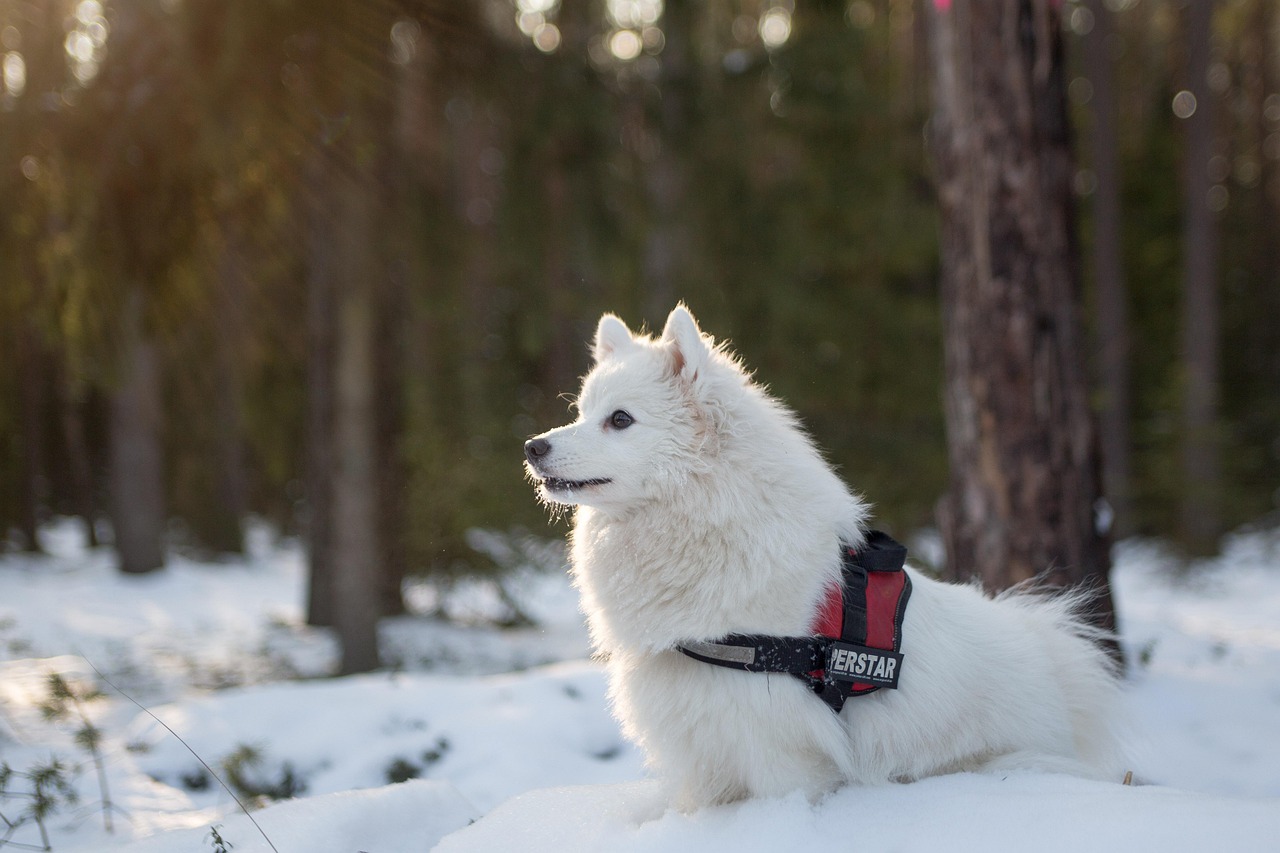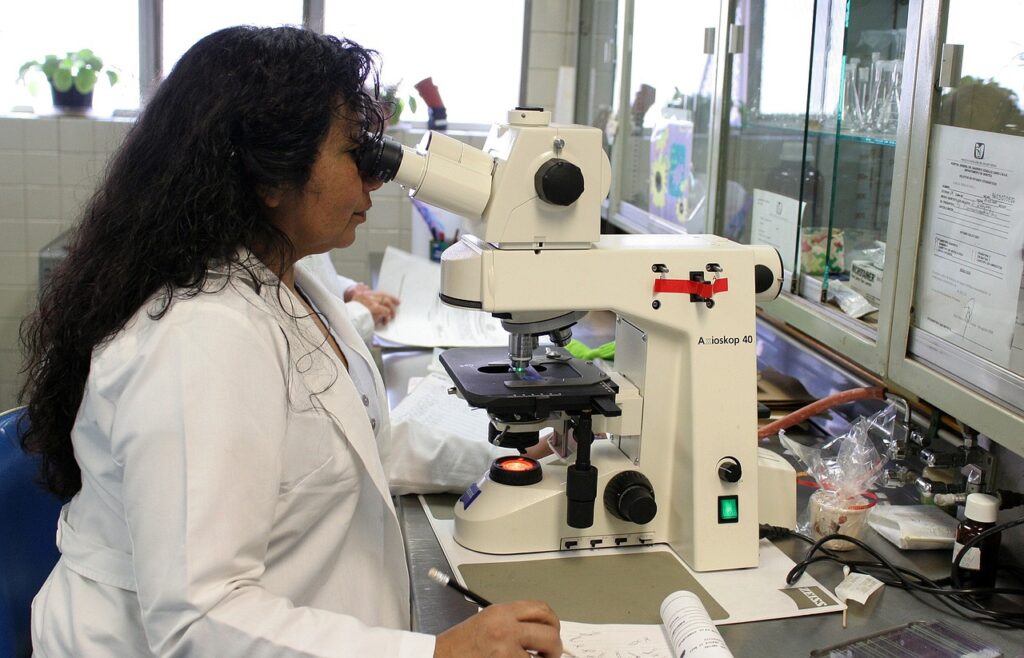
The Samoyed, often affectionately referred to as the “Smiley Sammie,” is a breed known for its striking appearance, friendly disposition, and warm smile. These fluffy white dogs have captured the hearts of many, and it’s easy to see why. In this blog post, we’ll explore the world of the Samoyed, from its history and distinctive characteristics to care requirements and more. Whether you’re considering bringing a Samoyed into your family or simply curious about this captivating breed, read on to discover the charm of the Samoyed.
The History and Origins of the Samoyed
The Samoyed’s history is steeped in the traditions of the indigenous Samoyed people, who inhabited the Siberian tundra and used these dogs for various purposes, including herding reindeer and pulling sleds. Here are some key points about their history:
- Arctic Origins: Samoyeds were originally bred by the nomadic Samoyed people, who relied on these dogs for survival in the harsh Arctic conditions.
- Versatile Working Dogs: They served as herders, sled pullers, and hunting companions for centuries.
- Warm Companions: Samoyeds were known for their warmth and affection, both in terms of their personality and their ability to provide physical warmth to their owners in freezing temperatures.
Physical Characteristics
Samoyeds are instantly recognizable due to their distinctive appearance:
- Size: They are a medium to large breed, with males typically standing 21 to 23.5 inches (53 to 60 cm) tall at the shoulder, and females slightly smaller.
- Coat: Samoyeds have a double coat that consists of a soft, insulating undercoat and a straight, harsh outer coat. Their coat is always white, giving them their iconic appearance.
- Eyes: Their almond-shaped eyes are dark and expressive, often conveying a gentle and friendly demeanor.
- Tail: Samoyeds have a plume-like tail that arches gracefully over their back.
Personality and Temperament
The Samoyed’s personality is as endearing as its appearance:
- Friendly: Samoyeds are known for their friendly and sociable nature. They often get along well with people of all ages, including children.
- Playful: They have a playful and youthful spirit, often retaining their puppy-like energy well into adulthood.
- Intelligent: Samoyeds are intelligent dogs and enjoy mentally stimulating activities and challenges.
- Independent: While they are loyal to their owners, they also have an independent streak.
Care and Grooming
Owning a Samoyed comes with specific care requirements:
- Exercise: Samoyeds are active dogs and need regular exercise to stay happy and healthy. They enjoy activities like walks, hikes, and playtime.
- Grooming: Their dense double coat requires regular brushing to prevent matting and tangles. They shed seasonally, so extra grooming may be needed during those times.
- Socialization: Early socialization is essential to ensure they are well-adjusted around other dogs and people.
- Training: Samoyeds are intelligent but may have a stubborn streak. Positive reinforcement-based training methods are effective.
- Healthcare: Regular veterinary check-ups are essential to monitor their overall health. Samoyeds can be prone to certain health issues, including hip dysplasia and progressive retinal atrophy.
FAQs
Q1: Are Samoyeds good with children?
A1: Yes, Samoyeds are known for their friendly and gentle nature, which makes them excellent family dogs and great companions for children.
Q2: Do Samoyeds require a lot of exercise?
A2: Yes, Samoyeds are an active breed that needs regular exercise to stay happy and healthy. Daily walks and playtime are recommended.
Q3: Are they prone to excessive barking?
A3: Samoyeds can be vocal and may bark to alert their owners, but excessive barking can be reduced with proper training and socialization.
Q4: Do Samoyeds do well in hot climates?
A4: Samoyeds are bred for cold climates and have a thick coat, so they may struggle in extremely hot weather. They should have access to shade and water.
Q5: Are Samoyeds prone to specific health issues?
A5: Samoyeds can be prone to certain health conditions, including hip dysplasia, progressive retinal atrophy (PRA), and cardiac issues. Regular vet check-ups are essential for early detection and treatment.
In conclusion
the Samoyed is not just a breed; it’s a warm and friendly companion that brings joy and a smile to the faces of those who have the pleasure of knowing them. Whether you’re drawn to their striking appearance, their playful personality, or their rich history, a Samoyed can make a delightful addition to your family. With proper care, grooming, and attention


